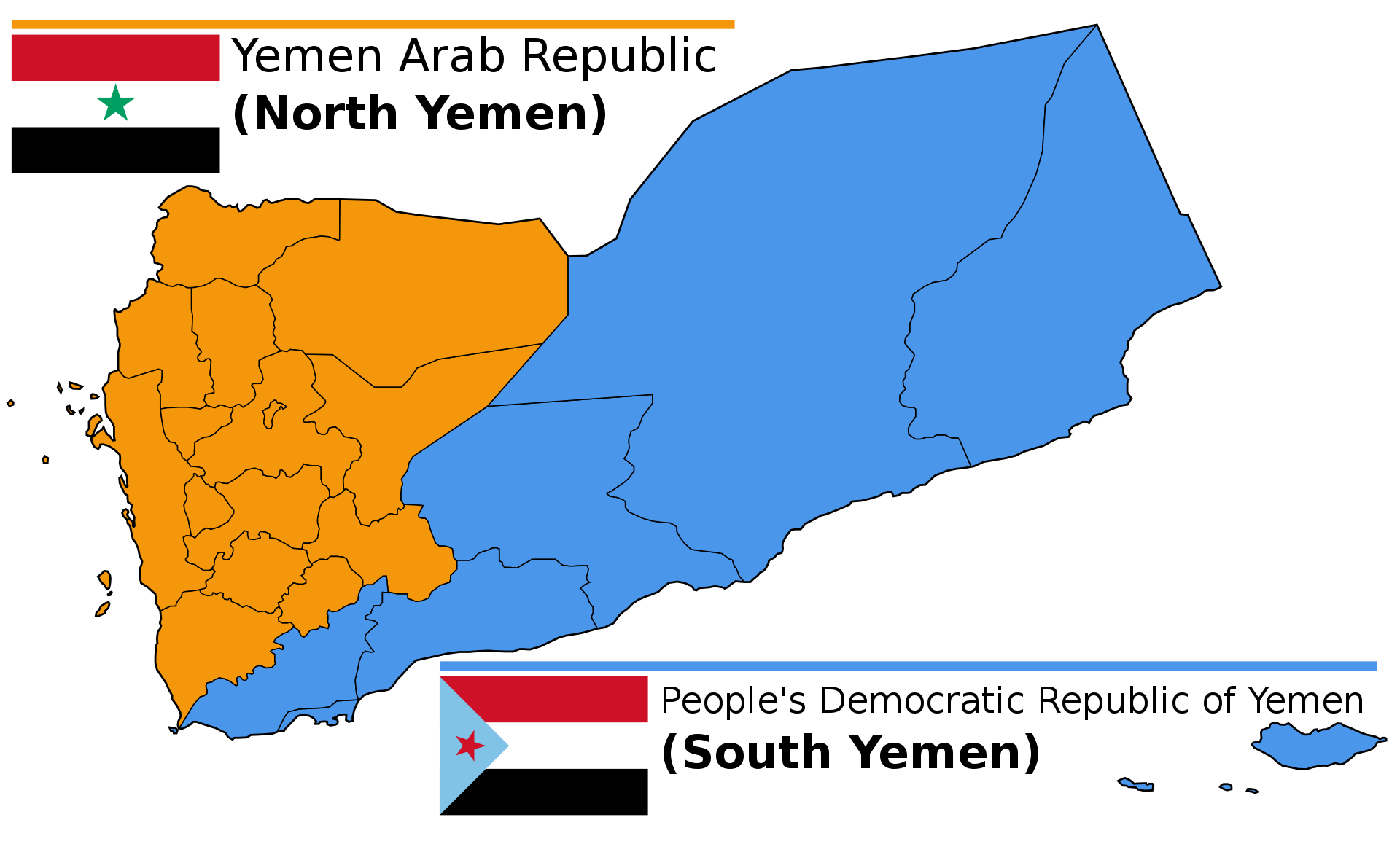
Yemen’s southern separatist group declared self-rule in the parts of the country it controls on April 26, leading to fears of a new and even more dangerous conflict after five years of war. The Southern Transitional Council said in its announcement that it plans to govern several southern provinces, including the de facto capital city of Aden, which the internationally recognized government of President Abd Rabbu Mansour Hadi also claims as its seat.
Much of Yemen, including Aden, is struggling to deal with flash floods that have impacted tens of thousands of people, and led Hadi’s government to deem the city a “disaster” zone.
Several months of clashes between the STC and the government ended in November with the signing of a Riyadh-brokered power-sharing deal between the two parties—both members of an increasingly fractured Saudi Arabia-led coalition fighting Houthi rebels, who control the official capital city of Sana’a and much of the north of the country.
The deal was supposed to set up an Aden-based cabinet with equal members from the country’s north and south. Fighters from the STC—which is backed by another coalition member, the United Arab Emirates—were supposed to be absorbed into Yemen’s national army. The group was also supposed to have a seat at national-level peace talks. Most parts of the agreement have still not been implemented.
Hadi’s foreign minister has condemned the STC’s move as “dangerous and catastrophic,” and the coalition has called for the separatists to adhere to the November 2019 deal. On April 27, Saudi Arabia announced it is extending a unilateral ceasefire declared earlier in month to help fight COVID-19, despite the fact that Houthi rebels have rejected the truce.
From The New Humanitarian, April 27
Map of Yemen before 1990 unification via Wikipedia





Yemen’s Southern separatists seize strategic island
Yemen’s internationally recognized government says Southern Transitional Council (STC) fighters have staged “a full-fledged coup” in the strategic island of Socotra, seizing control of the UNESCO World Heritage Site. (Al Jazeera)
Yemen: attack targets new unity government
At least 22 were killed and more than 50 wounded in a bomb attack at the airport in the southern Yemeni city of Aden. The blast came just after a plane carrying the country’s newly formed government arrived from Saudi Arabia. Aid workers and officials were among the slain. Prime Minister Maeen Abdulmalik Saeed and his cabinet were rushed to safety.
Saeed’s new cabinet was formed in an effort to heal a long-running rift between Saudi-backed government forces and militias loyal to the separatist Southern Transitional Council, supported by the United Arab Emirates. (BBC News)